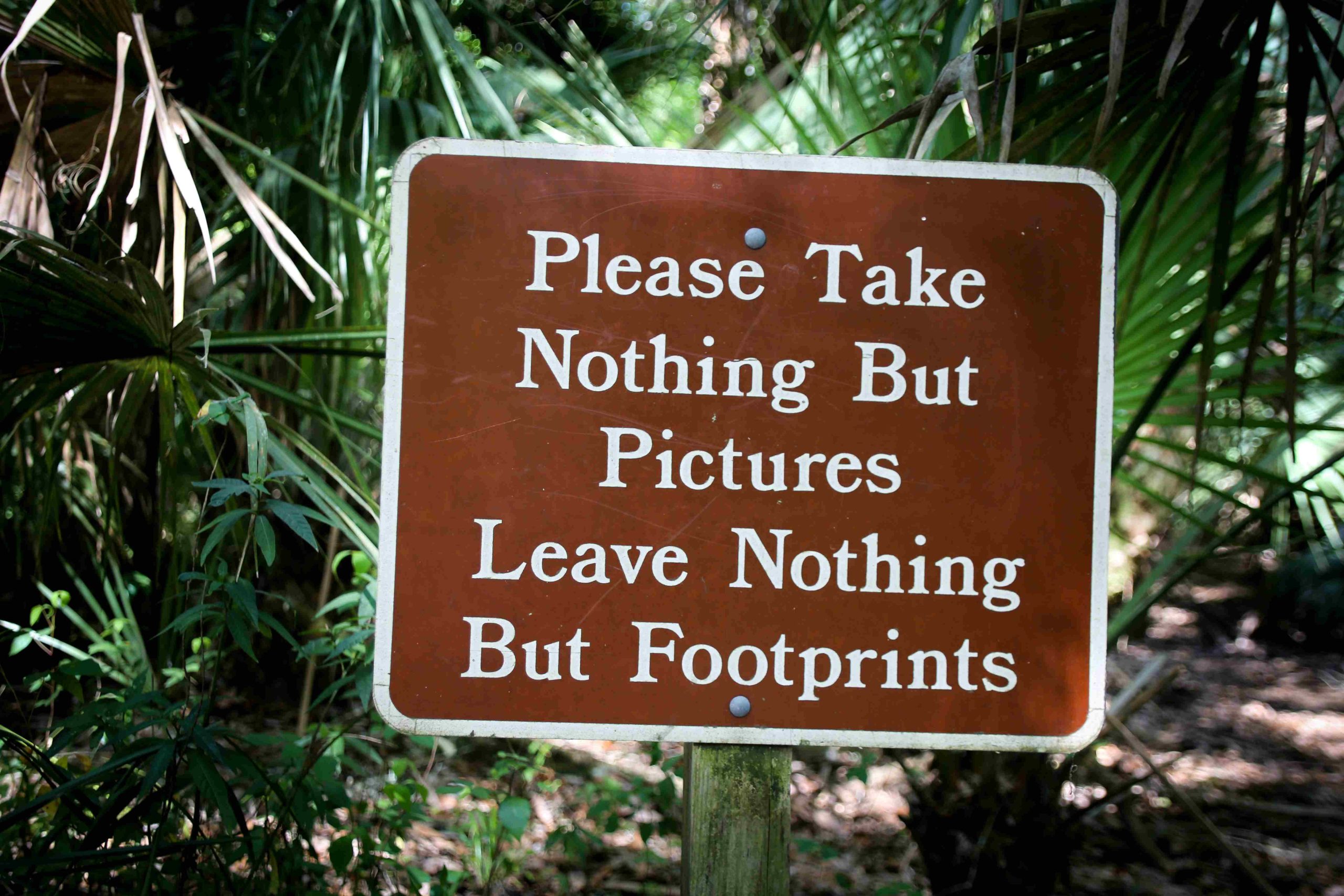
What are the Principles of Outdoor Recreational Activities?
The Origins of Leave No Trace (LNT)
The Leave No Trace (LNT) principles comprise guidelines for responsible outdoor recreation, aiming to minimize human impact on natural environments. LNT traces back to the 1960s when American outdoor enthusiasts raised concerns about wilderness degradation. The Wilderness Act of 1964 laid the foundation, and subsequent decades saw various groups and agencies crafting their standards.
In the early 1990s, representatives from these organizations united to form unified outdoor ethics principles, officially launching LNT in 1994. These principles are now globally adopted by outdoor entities.
The Seven LNT Principles
- Plan ahead and prepare
- Travel and camp on durable surfaces
- Dispose of waste properly
- Leave what you find
- Minimize campfire impact
- Respect wildlife
- Be considerate of other visitors
Active Engagement with LNT Principles
Plan Ahead and Prepare
Active outdoor engagement begins with thorough planning. Investigate the area, adhere to laws, and make contingency plans to avoid common pitfalls like getting lost or leaving litter.
Proper packing is crucial; bring enough supplies, including water, food, maps, and first-aid kits. Familiarize yourself with safe fire-building practices and follow guidelines to preserve the environment.
Travel and Camp on Durable Surfaces
This principle advocates sticking to authorized paths and campsites to reduce environmental impact. Avoid damaging plants or wildlife habitats and use established campsites to protect sensitive areas.
Dispose of Waste Properly
Ensure proper waste disposal to maintain environmental health. Pack out all trash, including food scraps, and follow guidelines for human waste disposal, especially where facilities are scarce.
Leave What You Find
Preserve natural and cultural features; refrain from disturbing or removing them. Avoid creating new trails or campsites and respect wildlife habitats and historical artifacts.
Minimize Campfire Impact
Use designated fire rings and gather firewood responsibly. Keep fires small and completely extinguish them before leaving to prevent environmental damage.
Respect Wildlife
Observe wildlife from a safe distance to minimize human impact and avoid disturbing their habitats. Educate yourself on local wildlife behaviors and volunteer for conservation efforts.
Be Considerate of Other Visitors
Respect fellow outdoor enthusiasts by yielding on trails, keeping noise levels down, and leaving campsites clean. Consideration ensures everyone enjoys outdoor experiences while preserving natural beauty.


